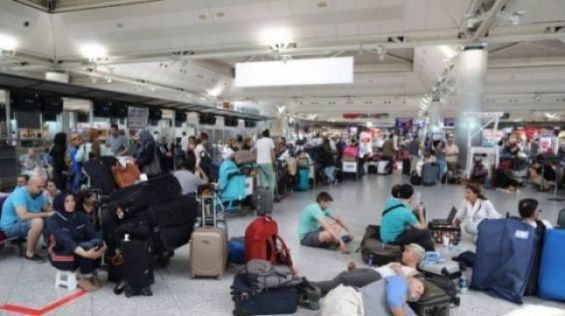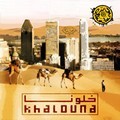The international coronavirus health crisis has brought changes to the international migration order. In a study entitled «The ‘French Stuck in Morocco’: Throwing a harsh light on the international migration order», PhD student at the École des hautes études en sciences sociales Cléo Marmié highlights how the coronavirus lockdown has forced tourists and foreigners stranded in Morocco, especially the French, to adopt a special rhetoric.
«If the advocates of migrants' rights, in order to elicit empathy, often use the rhetoric of the reversibility of the migratory conditions to conjure up a world in which the current migratory order might be reversed, it is as if the Covid-19 health crisis has provided the first actual sign of such a scenario», the researcher explained.
According to the researcher, thousands of these people stranded in Morocco turned to social media, using a discourse of «border, migratory injustice and discrimination». The situation has pushed «those who are yet the privileged ones in this world, with passports authorizing entry, without formality or with a simple visa, into 164 countries», to act like vulnerable migrants, the same source added.
«The Covid-19 has thus given place, in a new context of ‘crisis’, to a mobility impeded for the elites of transnational circulation».
When Europeans adopt the rhetoric of migrants
The same study reveals that the «unprecedented reversal» has also been about the solidarity. «The conceptual repertoire of the social sciences which had hitherto been largely mobilized to capture the experience of exile is seen shifted towards unexpected social and national groups», the same source explained.
The study explains that «French travelers stranded in Morocco who called Moroccans to ‘solidarity, hospitality and citizen accommodation’», or «terminologies usually used in so-called host societies to analyze aid to people in exile».
«European citizens experienced being kept waiting, as well as uncertainty and a feeling of dispossession in the face of diplomatic and administrative decisions, whose impact on their lives and their freedom of movement spark their outrage».
The study concludes that the Covid-19 crisis has «highlighted its intrinsic inequalities, the differentiated value of lives and the selective emotions when one faces the intolerable».





 chargement...
chargement...













